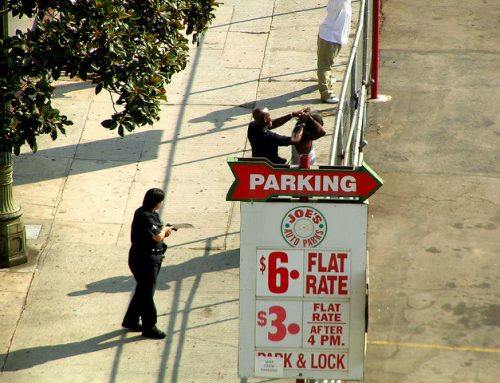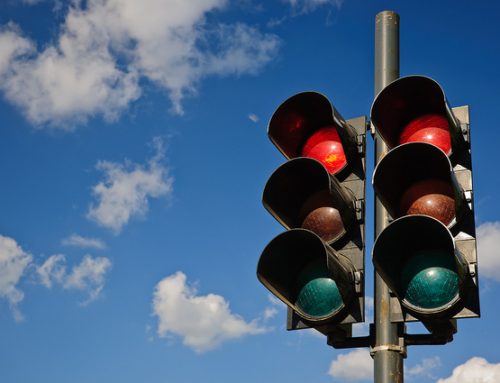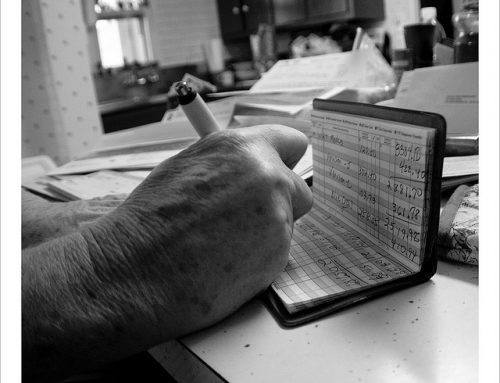There are two kinds of warrants that can be issued when an individual is wanted by police: arrest warrants and bench warrants. An arrest warrant is issued by a judge when he or she has been convinced that a crime was committed and the individual for whom the arrest warrant is being requested is likely the person who committed the crime. These warrants are usually issued after police investigations, and they not only allow law enforcement officers to actively search for and arrest the suspect, they require them do to do as soon as possible.
Bench warrants, on the other hand, are usually issued when someone misses a court date, for a subpoenaed witness, or even if a person skips jury duty. Bench warrants allow police to search for, and arrest, the suspect, but the difference here is that they are not necessarily required to. When a bench warrant is issued, it will show up on someone’s record during traffic stops or other confrontations with police and the suspect is usually arrested at that point.
When a bench warrant is issued, the suspect on the warrant is sometimes notified of the fact via mail, and the individual now has a couple options. The warrant isn’t going to just go away on its own, and it’s really only a matter of time before the police end up finding the individual on the roads and making the arrest. In some cases, the individual will turn themselves in, go through the booking and processing procedure, and either obtain a bail bond or await their day in court in police custody. However, its possible to skip the whole arrest and booking process and have the bench warrant recalled by obtaining a bail bond immediately.
The bail bond process can be completed via phone, fax or email so that the person who has the bench warrant doesn’t need to risk being arrested by traveling out on the roads. It doesn’t take very long, and once the bail bond application forms have been filled out and signed, we can have someone post the bond and have the warrant recalled as soon as possible.






